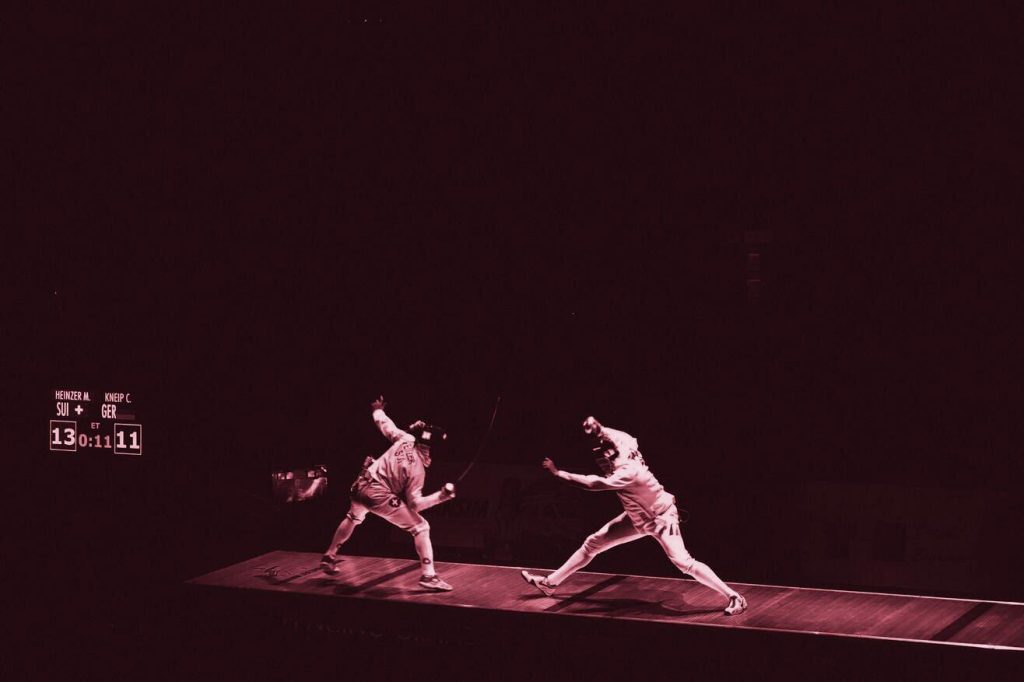A case that recently caught the attention of domain enthusiasts is the battle over IdealNutrition.com. This domain dispute pits a healthy food manufacturer against an executive chef in a clash that raises questions about trademark rights, domain registration, and the concept of Reverse Domain Name Hijacking (RDNH).

Background:
In this intriguing case, the Complainant is a well-known healthy food manufacturer with a trademark registered as “IDEAL NUTRITION” with the United States Patent and Trademark Office (USPTO) in July 2020. They provide nutritious meals through retail locations and delivery services. On the other side, the Respondent, an executive chef, registered IdealNutrition.com way back in 2002. The Complainant alleges that the Respondent made attempts to sell the domain to them through a broker and used the name “Ideal Nutrition” on their website, suggesting a similar business was in the works.
Key Facts:
- The Complainant registered the “IDEAL NUTRITION” trademark in July 2020.
- The Respondent registered IdealNutrition.com in October 2002, well before the Complainant’s existence.
- The Respondent had plans to create a website related to healthy eating and fitness as early as 2003.
- The Complainant initiated contact with the Respondent through a domain broker for the domain purchase.
- The Respondent rejected the Complainant’s offers and did not initiate the dispute; it was the Complainant who filed the case.
Panel’s Decision:
The decision in this case was rendered by a panel consisting of Mr. Jeffrey J. Neuman (Chair), Mr. Scott R. Austin, and Mr. Alan L. Limbury.
- The panel noted that the Respondent registered the domain more than 14 years before the Complainant was even established as a company.
- The Respondent’s registration of the domain name was well within their rights, given the descriptive nature of the words involved.
- The panel emphasized that not maintaining a website continuously does not negate rights or legitimate interests in a domain.
- Responding to a domain purchase inquiry does not automatically constitute bad faith.
Conclusion:
In a notable decision, the panel ruled in favor of the Respondent, stating that the Complainant failed to prove that the domain was both registered and used in bad faith. They pointed out that the Complainant’s reliance on past UDRP cases was misplaced, as the current consensus view of panelists requires a showing of both bad faith registration and use.
Furthermore, the panel expressed concerns about the Complainant’s extensive delay in pursuing their rights, considering the domain was registered long before they used their trademark. They even hinted that the Complainant’s actions might be viewed as Reverse Domain Name Hijacking (RDNH), especially since the Complainant initiated contact to purchase the domain.
In the end, this case serves as a reminder that the domain world is not always black and white, and careful consideration of the facts is essential. It reinforces the importance of understanding the intricacies of domain disputes and the need to adhere to established policies.
Read the full case here: https://www.adrforum.com/DomainDecisions/2048379.htm


Join the Discussion